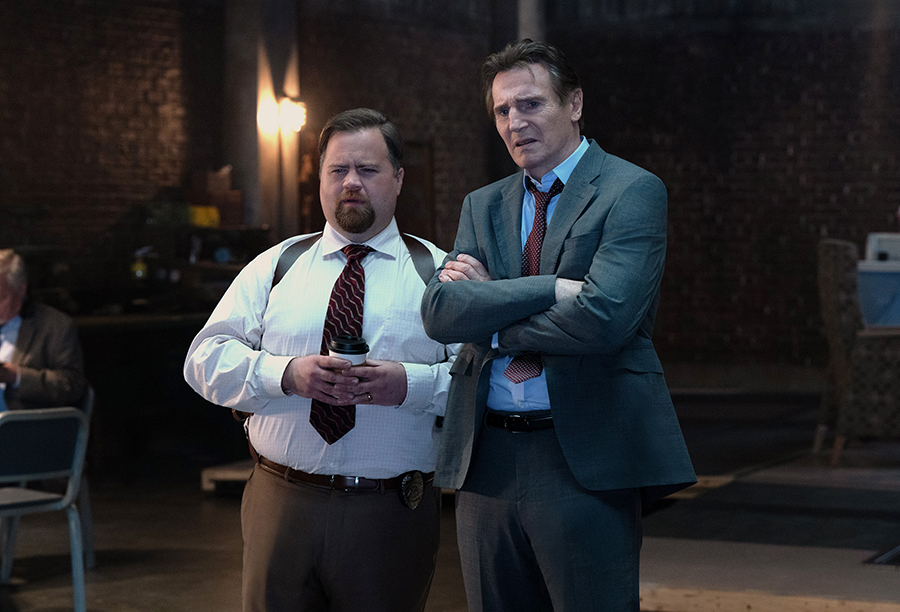“Bolero” (1981) is a criminally overlooked epic by French director Claude Lelouch, who is most known for his 1966 award winning masterpiece, “A Man and a Woman.” His earlier film is both slightly better and easier to recommend, but I find “Bolero” much more interesting and rewarding similar to comparing a delicious artisan dessert to a multi-course meal made to challenge your palette.
The movie starts during the lead-up to World War 2 in the 1930s and follows four families from France, Germany, Russia and America, each with their own unique relationship to music.
As the war ends, the movie jumps ahead about 20 years as we see the radical progress of the 1960s and those we last saw as children are grown adults. Some are coming back from combat in French Algeria, some are enjoying the fruits of the post-war boom, new tragedies pop up and some are still grappling with the lasting effects of the Holocaust.
Everyone’s story gets messier and more disconnected from each other. They all grow and change, but there still are some brief moments of intersection despite that.
The movie ends with one last 20-year jump to “present day” and everyone is either middle-aged or near the end of their life. Wrenches have been thrown in about everyone’s lives. The different families’ paths feel farther apart than they’ve ever been. But they are all pointing towards the finale where they converge three hours after a brief teaser at the beginning. Everyone is somehow involved in this televised charity event of a ballet performance set to Maurice Ravel’s iconic composition Boléro.
The movie has its share of problems. There are so many characters, and time jumps that it can be hard to keep them all sorted, but I was never too confused. I was able to mentally straighten everything out before each impactful moment.
I felt some pacing issues as the second half progressed and the last 30 minutes made me restless, but neither mattered to me in the end.
The song “Boléro” that bookends the film was written as Ravel started to experience health issues linked to Alzheimer’s that eventually made him unable to compose. It has been speculated that the piece was influenced by his deteriorating mind latching onto repetition.
I see naming the movie after the piece as a stroke of genius because the movie reflects that aspect of it masterfully.
As the final scene played, I saw all my problems with the film melt away. To me, all the slower, mundane, meandering, forgettable and mildly frustrating moments that popped up earlier not just strengthened the ending sequence but retrospectively strengthened the whole movie.
It turned from merely an impressive spectacle into a reflection of the messy, intertwining lives of everyone we followed and felt like one last grand gathering during a moment of clarity.
Everyone had enough depth that I could have imagined them going on for another 45 years to current day and I don’t think I’d be left with that impression without the rougher parts. It elevated the movie to the point where I can’t say I’ve seen anything else that ends as completely and elegantly as this has.
There are some alternate versions I want to go over. I watched the 177-minute cut that is on all available DVDs and on the France Channel streaming service, and there’s a 183-minute cut on Apple TV, too. Both versions on streaming are under the title “Within Memory,” and the DVDs are easier to find under the original French title “Les uns et les autres.”
Lastly, there’s a six-hour cut that aired as a mini-series on French TV and was never released. If anyone can track that down, please contact me and the UW library archives.
I can’t speak for both versions, but I can’t imagine that six minutes will change enough for a three-hour film to make one vastly superior to the other, especially with how beautiful this is made by its edges.
I love overly indulgent decade-spanning epics, and this is a prime example of how to do something interesting with the format. I would highly recommend this to anyone remotely interested who can spare the time.
‘Bolero’ is an overlooked decade-spanning epic story
Ryan Stevens, Staff Writer
September 24, 2025
Story continues below advertisement
























